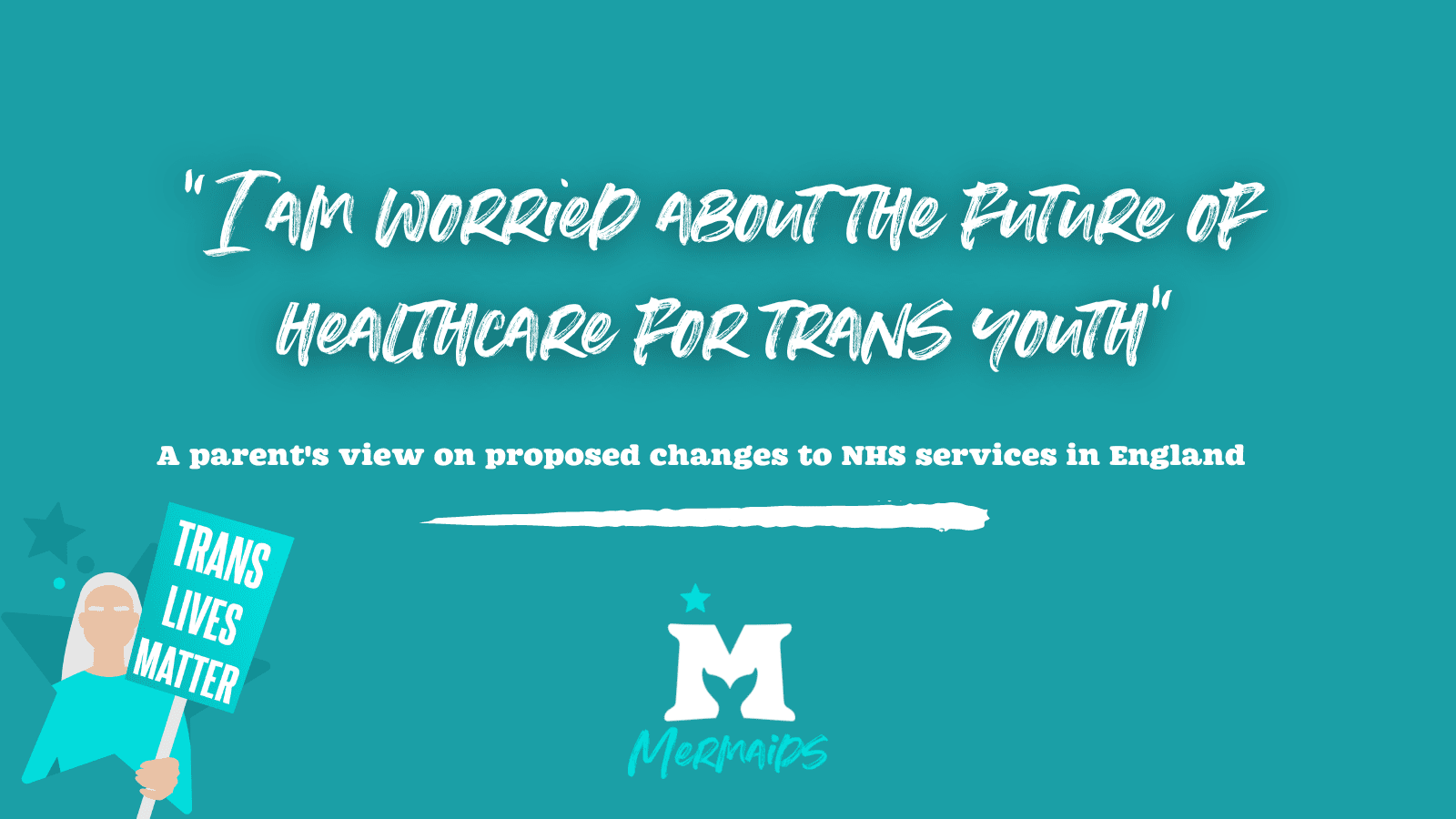
A paediatric doctor and parent of a trans child shares her view on the future of healthcare for gender diverse young people in England.
I have been a paediatric doctor for 10 years. I also have a primary-school age transgender child.
When my child first raised questions about their gender identity (“Mum, how do people know if they are a girl or a boy? Because I think I’m a boy”) I went looking for evidence to help me decide how to respond.
After about six months of being supportive and non-judgemental while they continued to express their questions, my child asked to change their name and pronouns, haircut and clothes to reflect their male gender identity.
Following a further few months of making these changes at home, he made a full social transition at school and all other areas of his life, which was straightforward and joyful. I am confident that this is right for him now and in the future, however his exploration of gender identity turns out.
As an academic health professional I was dismayed to read the recommendations on social transition for pre-pubertal children in the NHS England commissioning documents that are currently out for consultation.
The document states that in most cases “gender incongruence does not persist into adolescence” and that we should be “mindful of the risks of an inappropriate gender transition and the difficulties that the child may experience in returning to the original gender role upon entering puberty” – discouraging a social expression of the child’s gender identity.
What is really shocking to me is that the specification ignores a whole body of evidence that has been published in the last five years which directly contradicts their recommendation.
The specification relies on one source to support their claim about the low likelihood of “persistence” of transgender identity, the Endocrine Society guideline published in 2017. The evidence base indirectly cited in this guideline is made up of small and low-quality studies, including material published as far back as 1967 with titles including “the cissy boy syndrome”, focused on how to prevent homosexuality.
However in 2022, we have evidence reporting the gender journeys of larger and more relevant cohorts of kids. One study found that 97.5% of socially transitioned North American kids (first assessed around eight years of age) retained a transgender identity at adolescence and after an average of five years follow-up.
Another study showed that even among the kids who “retransitioned”, social transition was primarily a positive experience, for example strengthening parent-child relationships through the demonstration of respect for the child’s chosen path.
We also now have evidence that the mental health of the teens who had been socially transitioned since childhood was similar to cisgender teens, especially important considering the poor mental health outcomes of transgender teens in non-affirmative settings.
When making decisions on how to respond to my own child’s request for social transition, this was the most important factor I considered – how can I maximise and protect their mental health right now AND if their transgender identity is persistent? In my mind the answer is loud and clear – listen, trust, respect and affirm their expressed identity.
Put simply, I could not parent my child in a respectful and loving way while simultaneously ignoring their expressions of gender identity.
My child is incredibly happy in their social context and confident that their family and social community support them. They have learnt so much about themselves and felt empowered to form new friendships – things that will be of long-lasting value whatever they decide in the future.
All parents want to do the best for their child and will look to the NHS for guidance. This specification must change to more accurately reflect the evidence in order to avoid further harm to our kids.
The consultation for the proposed specification runs until 4 December 2022. Mermaids has produced guidance to help you respond.
